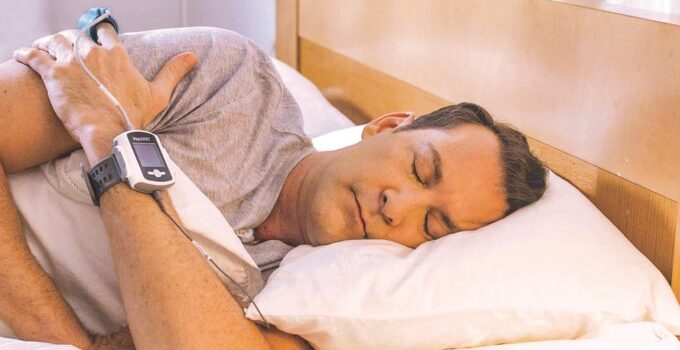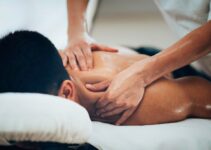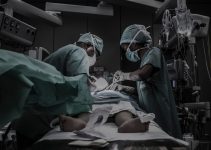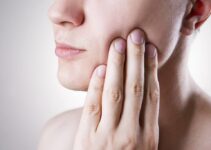Sleep is a fundamental aspect of human well-being, influencing physical health, cognitive function, and emotional balance. Sleep problems like sleep apnea can change people’s lives, harming their overall well-being and how they live. Traditionally, diagnosing sleep disorders required spending a night at a sleep center for an in-lab sleep study. However, with advancements in technology, home sleep studies have emerged as an alternative.
This article delves into the safety of home sleep studies while examining their effectiveness and potential risks.
Understanding Home Sleep Studies Done by Sleep Doctors
Home sleep studies, also known as home polysomnography, involve the use of portable devices to monitor various physiological parameters during sleep. These tools have sensors that track breathing, heart rate, oxygen, and movement.
Often sleep doctors at sliiip.com use these wearable devices to monitor for sleep apnea. Home sleep studies done by sleep doctors are more convenient and affordable than lab tests, letting people get checked while staying at home.
Effectiveness of Home Sleep Studies
Detection of Sleep Disorders
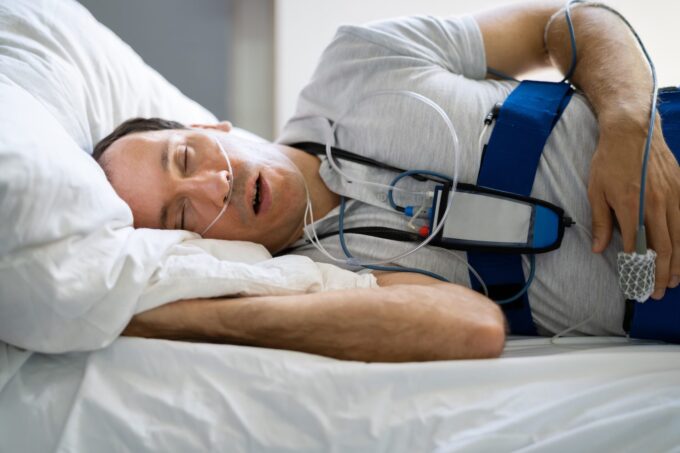
Source: sleepfoundation.org
Home sleep studies effectively identify prevalent sleep disorders like obstructive sleep apnea (OSA), marked by sleep-interrupting breathing pauses causing daytime tiredness. Multiple studies confirm the precision of home sleep studies in OSA diagnosis through essential physiological data recording.
Comparability to In-Lab Studies
While in-lab studies provide a controlled environment for sleep monitoring, research indicates that home sleep studies can yield comparable results in diagnosing sleep disorders. Studies have demonstrated a high level of agreement between home-based and in-lab sleep studies, especially for conditions like OSA.
Convenience and Patient Preference
One of the major advantages of home sleep studies is their convenience. Patients feel more at ease sleeping in their beds, which can lead to more accurate data. Additionally, individuals who are uncomfortable with the clinical environment of a sleep center may be more willing to undergo a home sleep study, increasing overall patient compliance.
Safety Considerations
While home sleep studies offer numerous benefits, it’s essential to address potential safety concerns associated with these assessments.
Limited Monitoring
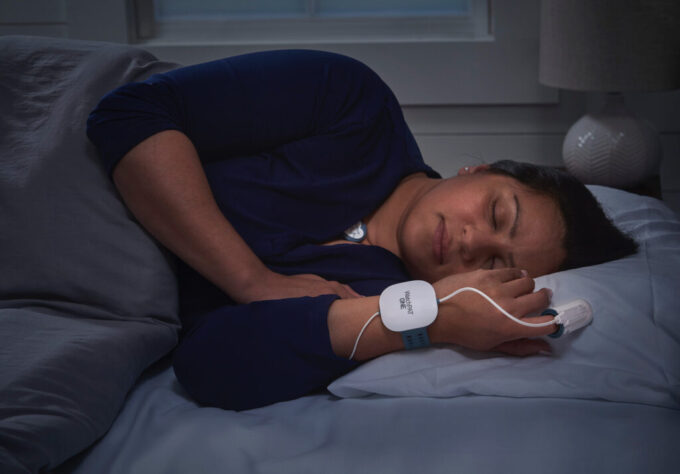
Source: sleepfoundation.org
Unlike in-lab studies where medical professionals can closely monitor patients throughout the night, home sleep studies rely on the accuracy of the sensors and the proper application of the monitoring equipment. This can sometimes lead to data inaccuracies due to factors such as device placement or technical malfunctions.
Missed Diagnoses
Some sleep disorders may require a more comprehensive evaluation that includes observation of brain activity (electroencephalography) and monitoring of eye movements (electrooculography). Home sleep studies might not provide sufficient data for diagnosing complex sleep disorders accurately.
Lack of Professional Interpretation
In in-lab studies, skilled sleep technologists analyze the collected data, helping to ensure accurate diagnosis. Home sleep studies often involve self-application of the sensors, which can result in improperly placed sensors or misinterpretation of the data by patients.
Can Sleep Apnea Kill You? Knowing the Dangers
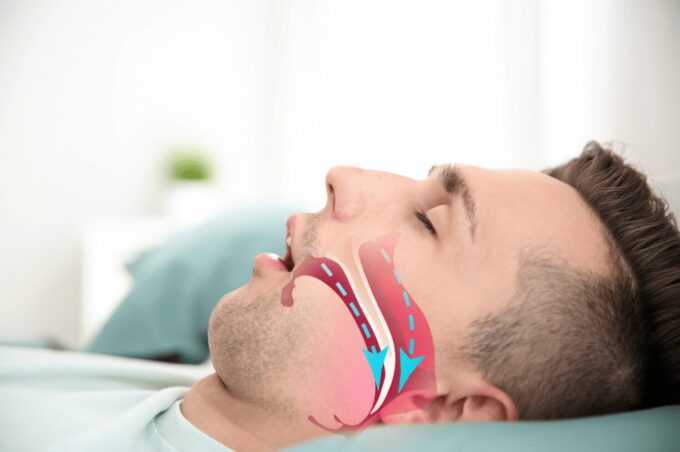
Source: drania.com
The question “Can sleep apnea kill you” raises an important concern. Sleep apnea, especially untreated severe obstructive sleep apnea, can indeed pose serious health risks. Sleep apnea is linked to higher chances of heart problems like high blood pressure, stroke, and heart failure.
The repeated disruptions in breathing during sleep can lead to oxygen deprivation, placing stress on the heart and blood vessels.
In severe cases, sleep apnea can lead to complications that may contribute to a higher mortality rate. The chronic strain on the cardiovascular system, combined with the potential for daytime drowsiness and impaired cognitive function, can increase the risk of accidents, including those while driving.
Ensuring the Safety of Home Sleep Studies
Guided Self-Application
To ensure accurate results, healthcare professionals must provide clear instructions on how to properly apply the monitoring equipment. This can minimize errors caused by incorrect sensor placement. Often when you work with a sleep doctor, they will guide you via an online call on how to place the devices to get the most accurate measurements.
For those not savvy with technology, often a friend or family member can assist them to get the app installed and the device connected.
With the rise in technology, the treatments that can be done through the internet have increased. There are now robotic arms doing surgery with a surgeon in another country so monitoring your sleep test from home does not seem like such a complex feat.
Professional Interpretation
Even with home sleep studies, involving trained sleep specialists to analyze the data is essential. This will help prevent misinterpretation and ensure that all potential sleep disorders are accurately diagnosed. It is important to choose a board-certified physician who has the credentials to prove his experience in sleep medicine.
There are many online platforms that only supply you “sleep coaches” who end up prescribing medicine without proper treatment.
Teaching Patients
It’s important to tell patients about the limits of home sleep tests and that if problems continue, they might need more tests. This can help manage expectations and encourage patients to seek medical attention if necessary. Often follow up care is needed with patients who get a new CPAP or OAT device so they know how to use the device in the best way.
Follow-Up Assessments
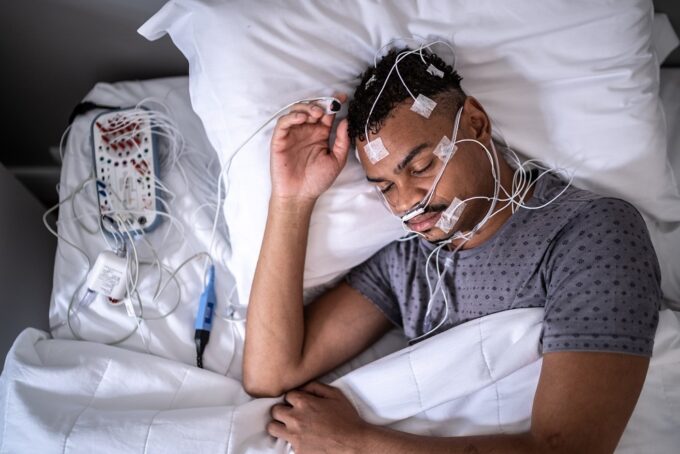
Source: inspirahealthnetwork.org
If the home sleep test is unclear or if problems continue despite a negative result, another check, maybe in a lab, might be needed for a better understanding. Good sleep doctors understand the limitations of home sleep studies and in some cases will refer you to an in-lab in study. After they get the results, they then can resume the online treatment. It’s always good to use a combination of sleep tests, especially with complex patients.
Conclusion
Home sleep studies provide a convenient and effective way to diagnose sleep disorders, including common conditions like obstructive sleep apnea. Although their value is clear, it’s vital to acknowledge the safety issues associated with these studies. To make sure things are accurate, we need the right guidance.
Guaranteeing precision requires appropriate guidance, professional analysis, patient education, and potential subsequent evaluations. Balancing convenience and accuracy allows home sleep studies to remain a valuable tool in enhancing individuals’ overall sleep health.

